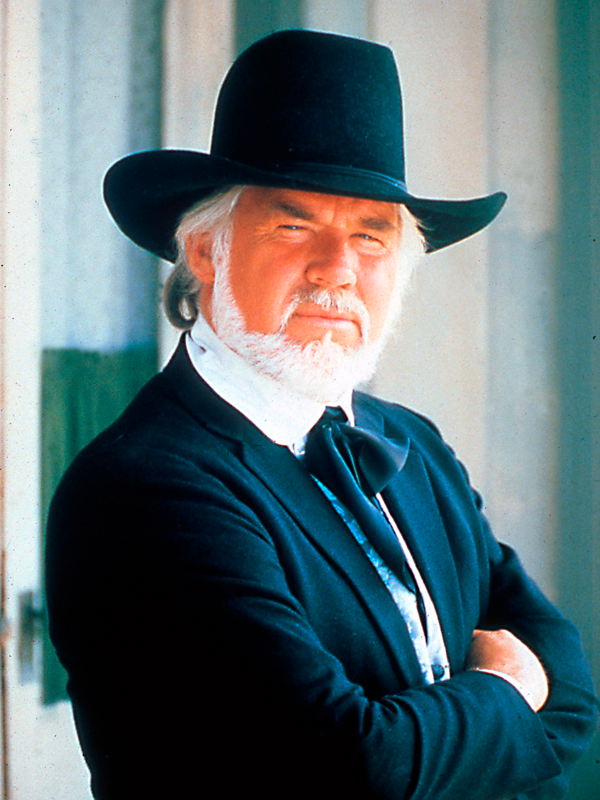 Have you ever played chess, checkers, poker, or any other card game with a novice? One of the biggest mistakes that people make in these games is focusing so much on their own hand that they don’t consider the other player.
Have you ever played chess, checkers, poker, or any other card game with a novice? One of the biggest mistakes that people make in these games is focusing so much on their own hand that they don’t consider the other player.
I’ve been teaching my son to play a few of these games and almost without fail he’ll “go all in” when he shouldn’t. He’s so in love with his cards and assuming that they are the best he is unable to see that his daddy is holding a much better hand.
I’m having to teach him the lesson of Kenny Rogers—know when to hold ‘em and know when to fold ‘em.
Good mentors do this. We are all prone to focus so much on our own situation that we can’t see the whole picture. Occasionally we’ll lack confidence and be too willing to throw in our cards. At other times we’ll be overly confident and not able to see the trap being set for us. A good mentor will provide for us another set of eyes.
John Newton was this other set of eyes to John Ryland, Jr. In 1791 Ryland had a good bit of unrest in his church. A group of High Calvinists were giving Ryland and his friends Fuller and Sutcliff a hard time by stirring up dissension in their churches.
Obviously there were not blogs in the 1790s, but there were pamphlets. If you want to make waves in our connected world then you can do it on social media and blogs. Back then you’d write a scathing pamphlet, go to the printing press, and distribute your literature throughout the towns.
Ryland and his friends were the subjects of many of these pamphlets. In fact, Ryland’s own father seemed to take the side of the pamphlet writers. Ryland struggled with whether or not he should respond in print. Should he hold ‘em, sticking to his guns and fighting in print? Or should he fold ‘em, by letting the controversy die without much of a response?
Newton gave Ryland that extra set of eyes when he said:
Let him alone, and he will expose himself more effectually than you can expose him. And his performance will soon die and be forgotten, unless you keep the memory of it alive, by an answer. I believe scarcely any thing has [contributed to] so much to perpetuate disputes and dissensions in the professing church, as the ambition of having the last word. (Wise Counsel, 251)
History tells us that it played out similar to what Newton predicted. There is a reason why the modern missions movement remembers men like Fuller, Sutcliff, and Ryland. Their evangelical Calvinism, thankfully, won the day.
It was correct for Ryland to fold on this one and to save his chips for more important battles. Had he wasted his energy on ensuring that he got the last word who knows how differently the history of foreign missions would read.
In my opinion, we need Newton to mentor us today. Blogs are easier to write and easier to spread than pamphlets ever were. Much of our energy is spilled on engaging debates that would simply die out if we’d stop giving them so much attention. We’ve got to learn that just because we have a decent hand a few decent points it doesn’t mean that we ought to throw all of our chips in. There are battles that need to be fought—but we’ll already be spent if we think we have to play every hand.